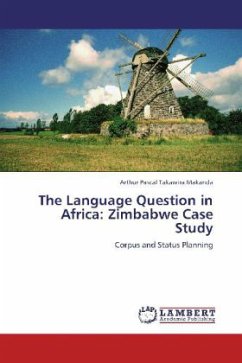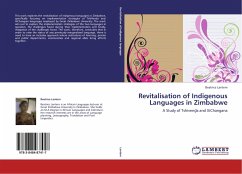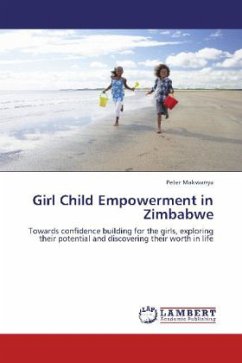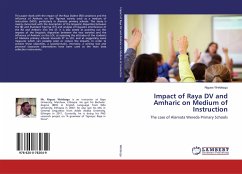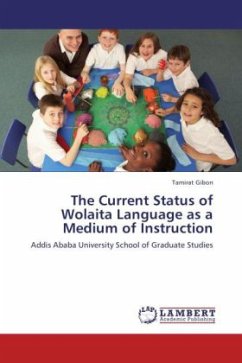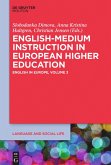The study explores the inadequacies surrounding the use of an exoglossic language policy in Zimbabwean Secondary Schools. Although all classroom interactions should be officially mediated through English, in practice, there is widespread tendency to use Shona or a mixture of Shona and English in all classes and subjects that constitute the schools' curricula. Pupils are not comfortable with the constant use of English as they are with Shona. Teachers on the other hand code-switch at times to enhance pupils' understanding and performances in the classroom and in public examinations which they feel can be hindered if they stick to English. The study shows that there is need to rethink and revise the language policy of the country so that it embraces and reflects the teaching-learning reality on the ground.
Bitte wählen Sie Ihr Anliegen aus.
Rechnungen
Retourenschein anfordern
Bestellstatus
Storno


